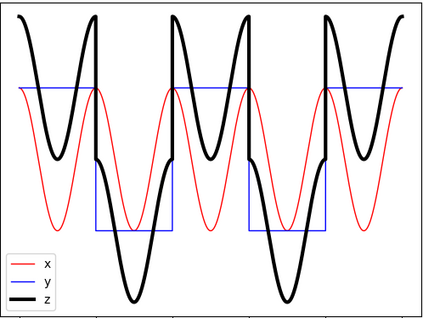By and large, the professional handling of huge data collections is regarded as a fundamental ingredient of the progress of machine learning and of its spectacular results in related disciplines, with a growing agreement on risks connected to the centralization of such data collections. This paper sustains the position that the time has come for thinking of new learning protocols where machines conquer cognitive skills in a truly human-like context centered on environmental interactions. This comes with specific restrictions on the learning protocol according to the collectionless principle, which states that, at each time instant, data acquired from the environment is processed with the purpose of contributing to update the current internal representation of the environment, and that the agent is not given the privilege of recording the temporal stream. Basically, there is neither permission to store the temporal information coming from the sensors, thus promoting the development of self-organized memorization skills at a more abstract level, instead of relying on bare storage to simulate learning dynamics that are typical of offline learning algorithms. This purposely extreme position is intended to stimulate the development of machines that learn to dynamically organize the information by following human-based schemes. The proposition of this challenge suggests developing new foundations on computational processes of learning and reasoning that might open the doors to a truly orthogonal competitive track on AI technologies that avoid data accumulation by design, thus offering a framework which is better suited concerning privacy issues, control and customizability. Finally, pushing towards massively distributed computation, the collectionless approach to AI will likely reduce the concentration of power in companies and governments, thus better facing geopolitical issues.
翻译:暂无翻译



















